
Across different traditions, people have turned to ingredients not only to nourish but also to support health in subtle ways. Some of these foods appear so ordinary that their influence is easy to overlook. Here, you’ll discover 20 such foods and the lesser-known medicinal properties they carry.
Turmeric
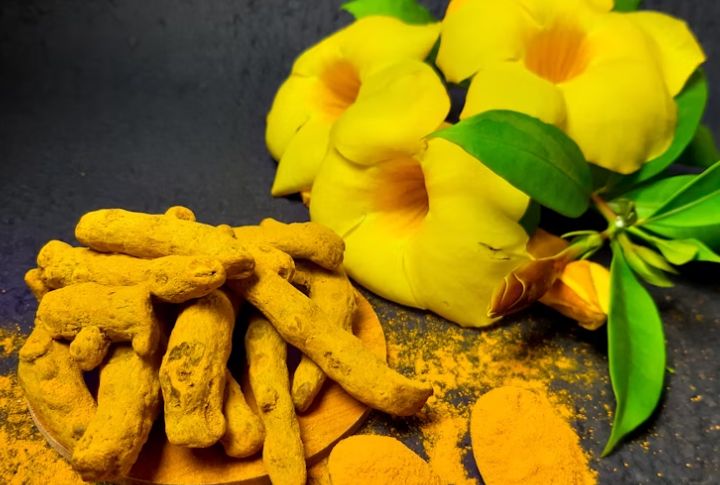
What makes turmeric more than just a curry spice? The answer lies in curcumin, turmeric’s natural compound known for easing inflammation. It helps joints stay healthier and offers comfort to those with arthritis. At the same time, turmeric’s benefits extend to brain health: protecting memory and function over time.
Garlic
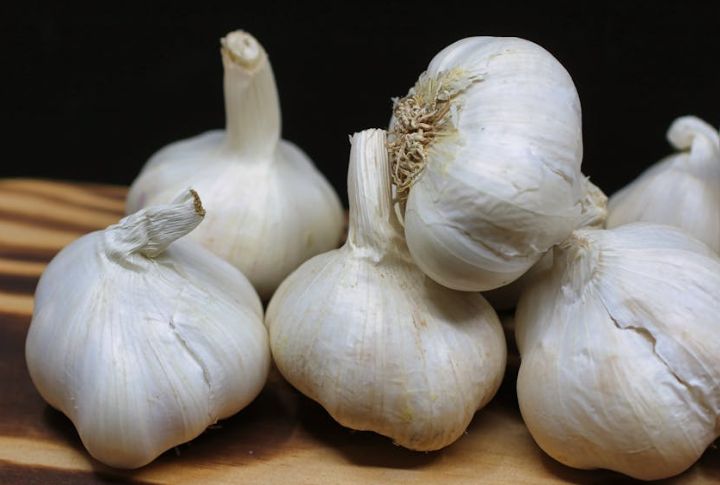
Legends say Egyptian laborers ate garlic for endurance, and the truth backs the tale. Inside each clove lies allicin, a compound that fights infection and harmful bacteria. Regular use is known to lower blood pressure and cholesterol, while also strengthening immunity enough to keep seasonal colds at bay.
Ginger
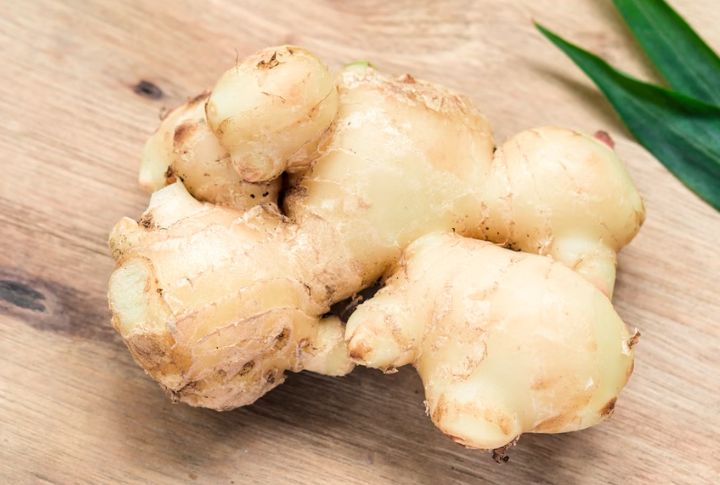
On cold days, ginger warms the body in a way few ingredients can. Popular as a natural remedy for nausea and indigestion, it’s equally famous for reducing muscle pain after exercise. The anti-inflammatory qualities and ability to improve circulation give it a place in kitchens and traditions alike.
Cinnamon

Cinnamon once traveled across seas as a prize more precious than gold. Today, its worth lies in the body, not the market. Antioxidants inside reduce inflammation, while heart health finds support through balanced cholesterol. Its most familiar gift remains blood sugar regulation, hidden within those fragrant sticks.
Cloves
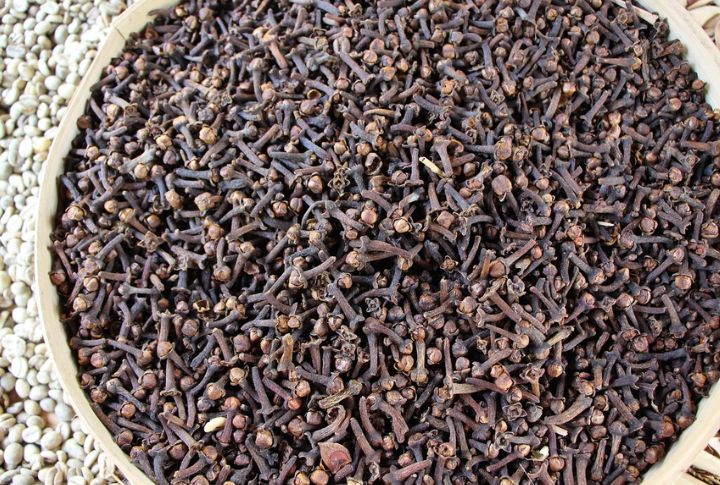
Cloves may be small, but their oils once acted as natural pain relief for aching teeth. Their antimicrobial strength makes them effective against bacteria and fungi. Packed with manganese, they aid bone development, and their long history as food preservers shows how deeply they’ve shaped culinary traditions.
Honey

Ancient Egyptians stored honey in tombs, and those jars are still perfectly edible thousands of years later. More than a sweetener, honey relieves throat pain, suppresses coughs, and speeds healing through antibacterial compounds. Its potential role in calming allergies only adds to its long list of gifts.
Cranberries
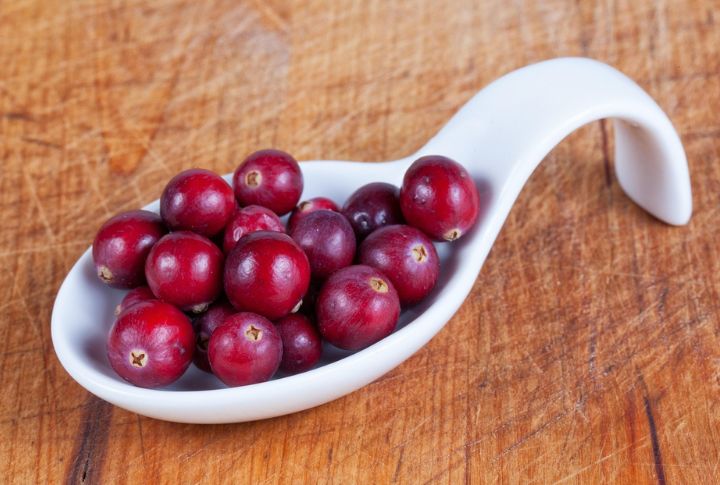
Tiny, tart berries carry powerful defenses. They block bacteria from clinging to the urinary tract and reduce infection risks. Packed with vitamin C and antioxidants, they once served Native Americans in medicinal poultices. Cranberries also support oral health, lowering the chances of gum disease.
Chia Seeds
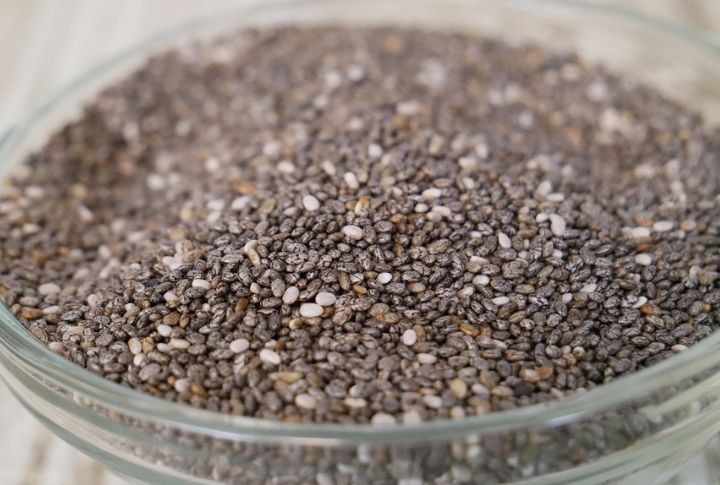
The Ancient Mayans called them “strength seeds,” and with reason. Super rich in fiber and omega-3 fatty acids, chia helps regulate digestion and cholesterol. Their ability to absorb ten times their weight in water makes them exceptional for hydration.
Pomegranate
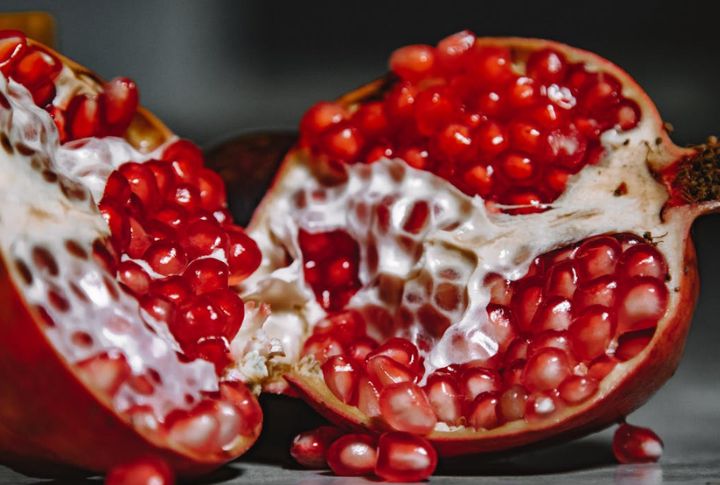
Across cultures, pomegranates became symbols of fertility and life. Beyond symbolism, their antioxidants support circulation and heart health. Regular consumption can improve memory and sharpen brain function. Each ruby-red seed carries both history and healing.
Mushrooms (Reishi)

For more than two millennia, reishi has been treasured in China as the “Mushroom of Immortality.” Modern science echoes ancient wisdom, showing its compounds may strengthen immunity and slow tumor growth. Long tied to spiritual practice and health, this fungus continues to hold a powerful legacy.
Aloe Vera
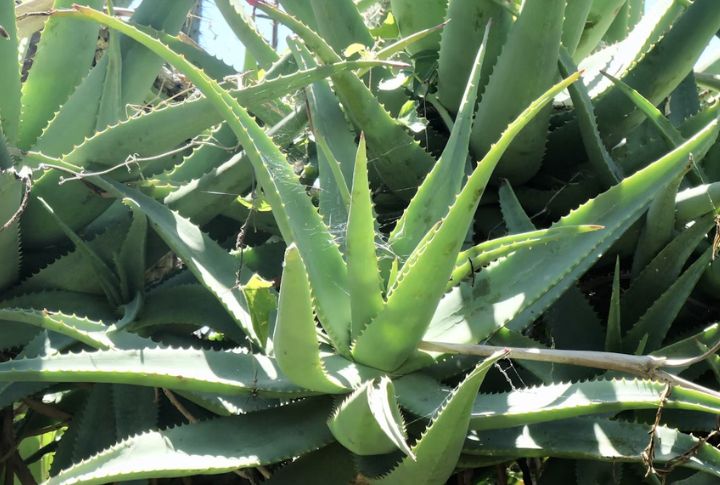
Aloe vera holds both resilience and care. For centuries, it’s been turned to for cooling burns and easing irritations, its gel doubling as a simple moisturizer. Ancient Egyptians revered it enough to name it the “plant of immortality,” while aloe vera’s digestive benefits reveal yet another hidden strength.
Peppermint
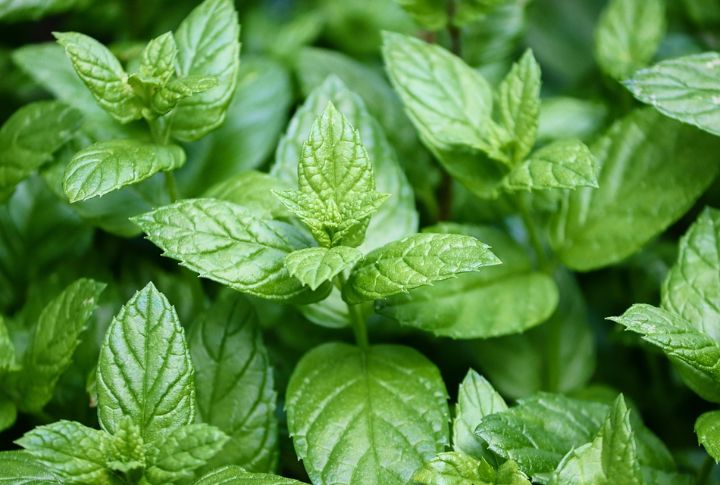
The sharp, cool fragrance of peppermint signals relief before the first taste. Used since ancient times, it was trusted to ease digestive discomfort and bloating. Menthol remains its secret weapon: cooling headaches on contact with the skin and coaxing tired muscles into a state of calm release.
Blueberries
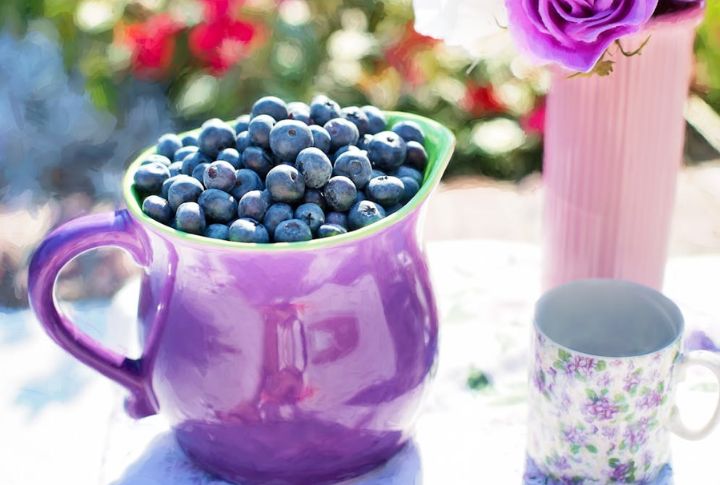
These small berries carry extraordinary strength. Their antioxidants protect cells from damage to slow aging and reduce DNA harm. Known widely as a “superfood,” blueberries also sharpen memory and brain health. Beyond the science, their deep color signals vitality, which makes them one of nature’s most trusted foods for longevity.
Green Tea
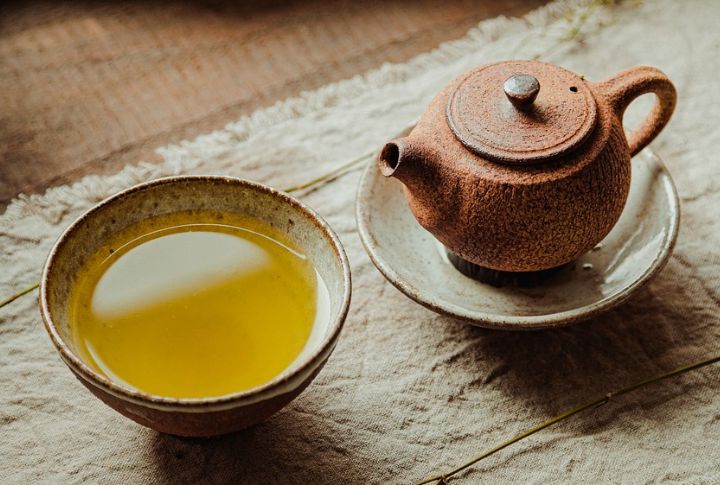
For more than 4,000 years, green tea has been poured and savored across Asia. Catechins within it are tied to lowering cancer and heart disease risks. The drink also plays a role in metabolism and weight control, while helping reduce oral bacteria for better dental health.
Walnuts
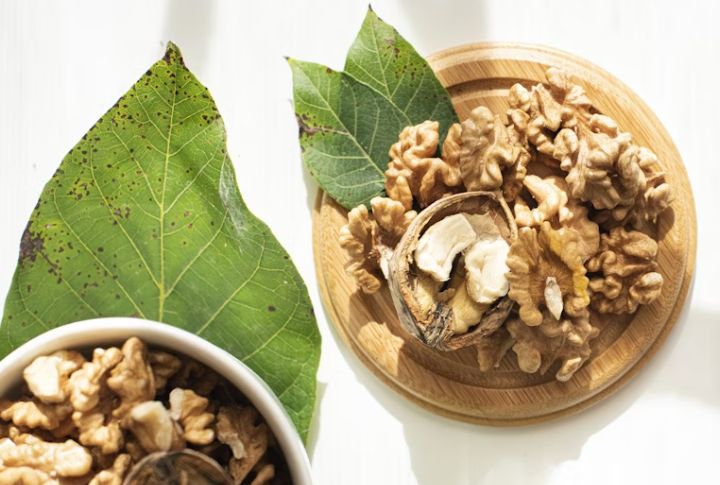
Few foods wear their secret as boldly as walnuts. Their brain-shaped halves reflect their gift of sharper memory and stronger cognition, thanks to rich omega-3s. Even aching joints find relief, since they calm arthritis inflammation. In every bite, walnuts serve both mental and physical vitality.
Chili Peppers
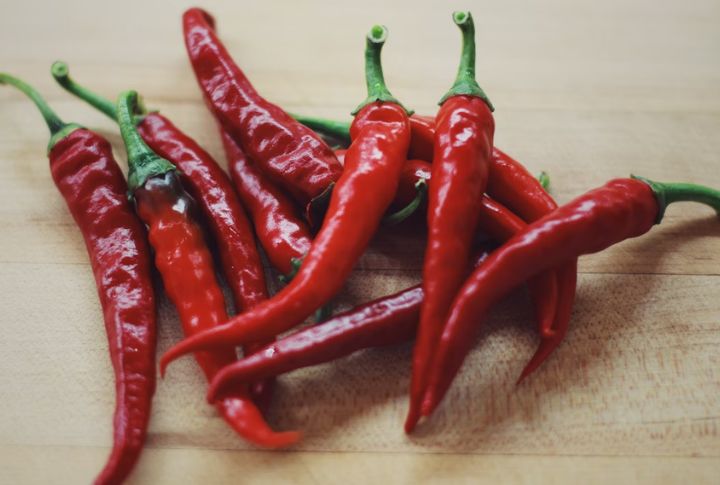
A bite of chili peppers sends heat rushing through the body, thanks to capsaicin. That same compound, beyond igniting flavor, relieves pain naturally. Traditional medicine once turned to chilies for improving circulation, and today they’re recognized for boosting metabolism and even clearing stubborn nasal congestion.
Lemons

Long before supplements, sailors carried lemons to keep scurvy away. Their wealth of vitamin C remains essential for immunity. Beyond that, lemons help stimulate stomach acid for smoother digestion and act as a natural detoxifier for liver health.
Cabbage
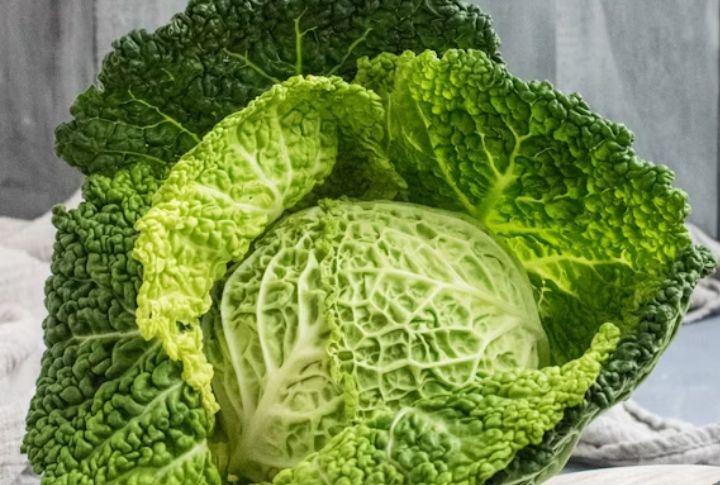
How could a common vegetable once double as medicine? Cabbage answered that question in medieval Europe, where leaves were used to treat wounds. It is also praised for cancer-protective qualities and ulcer relief. Add in gut-friendly fiber and antioxidants, and cabbage turns from a kitchen staple into a trusted source of strength.
Black Pepper
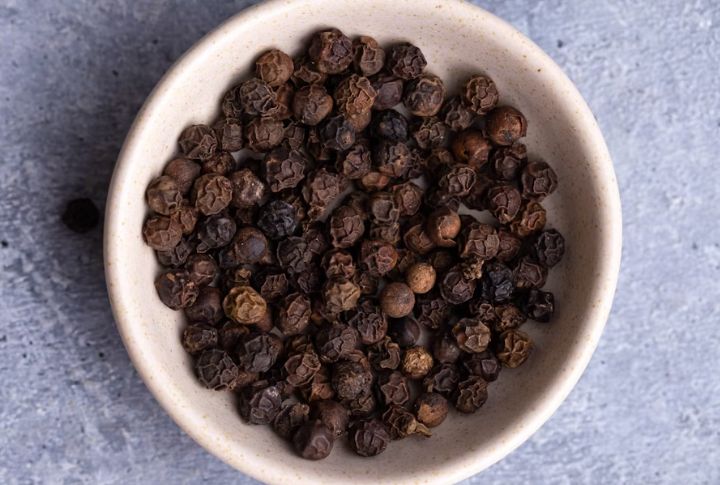
Pepper bridges two worlds: wealth and wellness. Once exchanged as currency, it still earns a daily place in kitchens for more than taste. Piperine strengthens nutrient absorption, stimulates digestive enzymes, and shows potential for supporting memory and mood. Black pepper is a simple spice, yet one with remarkable depth.
Fenugreek
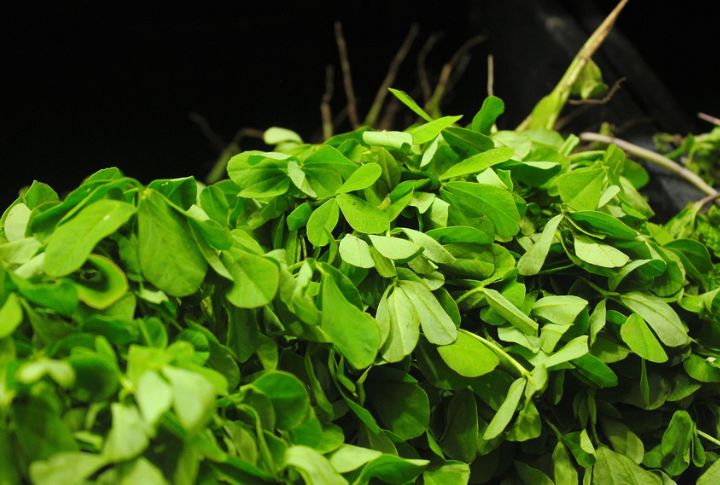
Regulating blood sugar and insulin makes fenugreek a valuable seed for metabolic health. At the same time, its ability to encourage milk production in breastfeeding women has kept it important across generations. Even testosterone levels in men may shift under its influence, which gives this ancient seed a modern relevance.

